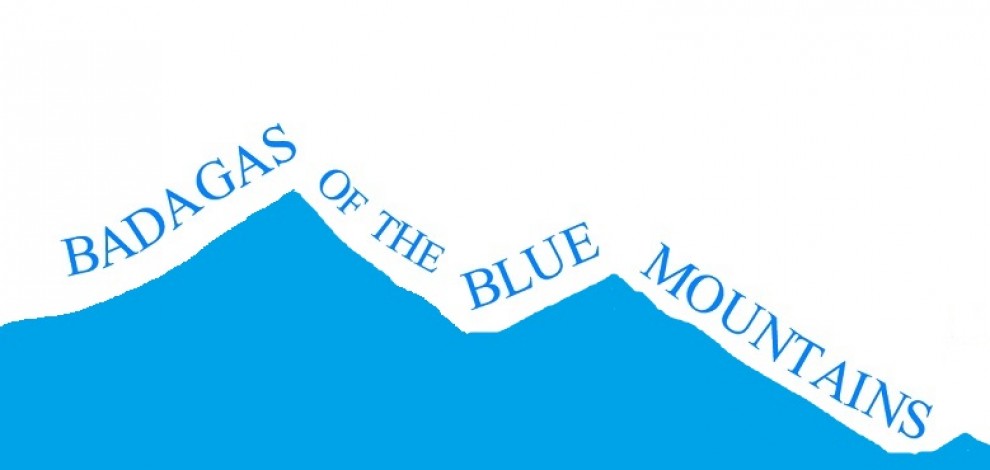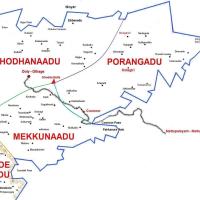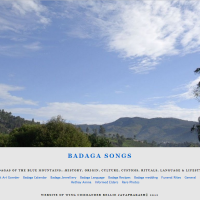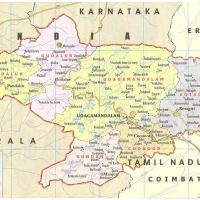Recently I received strongly worded comments from santhosh on my earlier post Religious conversion (given below) :
This message is for the Badaga people who converted to Christianity….”Be with your originality! Don’t spoil our culture by converting yourself to any others religion, else run away from Badaga community.. go somewhere else and live the way you want….. Don’t rob our cultural treasures…”
Even after a couple of years of writing that post, I am still convinced that the biggest threat to the glorious customs, culture and traditions of Badagas is posed by many Badagas being religiously converted. The first ever conversion of Badagas was carried out by German Missionaries in Ketti in 1854. In the name of GOD, a grave sin was committed, by dividing a community on religious lines and by sowing the seeds that destroyed the very fabric and foundations of peace loving Badaga Community.
It is high time, this evil practice of religious conversion is brought to an end
Henry Marriiott commented on Religious Conversions Sir, a person can be a Christian and still be a Badaga and an Indian. ….
Dear Henry, If you think changing the ceremony associated with birth – including naming [giving only Christian names], teaching the children that praying to any other Deity/God other than Christ is a sin, marrying in a Church – not in a village or manner as Badagas usually do or not following any rituals associated with funeral/death can still allows somebody to remain as a Badaga, well, ….- Wg cdr JP
[post dated 2-7-2011] I have strong religious feelings. Born as a HINDU as most Badagas are, I am very proud of being a Hindu. But I respect other religions and some of my best friends are Muslims, Christians and Sikhs [courtesy Air Force].
But I am against any conversion from one religion to another by means of compulsion, force or inducement. Of late, it has become a ‘fashion’ for some Badagas to convert to Christianity for no rhyme or reason. But it appears that many have done this due to inducement of money.
Worst is, when some of these ‘converts’ claim sole right to some very old Badaga Traditions and Customs. One such is, the funeral prayer – Karu Haruchodhu which forms an important part of funeral rites of Badagas. It is claimed by an IDIOT called HN Devaraj of Otti Mora Hosahatty to be part of Bible. His booklet called ‘Pappa Parigaara Aagili’ is given to me by a concerned Hindu Badaga. Outrageous !
Will educated and knowledgeable elders among the Badaga Christians care to correct this offending practice?
RaviChandran Balraj had sent the following link ; http://www.tamilhindu.com/2011/06/nilgiris-baduga-struggle-against-conversion/
image from http://www.tamilhindu.com
நீலகிரியில் மதமாற்ற வைரஸ் – குமுறும் படுகர் சமுதாயம்
15 Jun 2011 |
அண்மையில் ஜூனியர் விகடன் இதழில் வந்த ஒரு செய்தி கவனத்தை ஈர்த்தது.
அடிக்கிற வெயிலுக்கு ஆளாளுக்கு ஊட்டி யைத் தேடி ஓட… அங்கேயோ அதைவிட உஷ்ணமான விவகாரம் ஒன்று சுழன்று கொண்டு இருக்கிறது. அது, படுகர்கள் நடத்தும் மத மாற்றத்துக்கு எதிரான போராட்டம்!
நீலகிரியின் மண்ணின் மைந்தர்களான படுகர் சமுதாய மக்கள், கட்டுப்பாடான வாழ்க்கை முறை, கலாசாரத்துடன், ‘எங்க வழி தனி வழி’ என்று வாழ்பவர்கள். அவர்களை, கிறிஸ்துவ மதத்தினர் கட்டாய மதமாற்றம் செய்வதாகத் தகவல்கள் பரவவே, சலசலப்பு எழுந்துள்ளது. இது தொடர்பாக, கடந்தமே 25-ம் தேதி நீலகிரி மாவட்ட ஆட்சியர் அலுவலகம் முன்பு,‘நாக்குபெட்டா படுகர் குல பாதுகாப்பு சங்கம்’ கண்டன ஆர்ப்பாட்டம் நடத்தியது……read the full article here
~~~~~~~~~~~~~~~~~~~~~~


















 Mookuthi
Mookuthi  Chinna
Chinna 






 ==
==














































